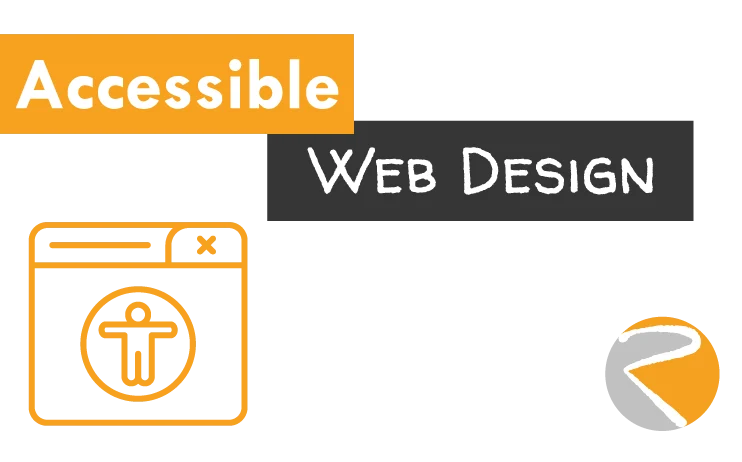In our journey to fortify your digital security, we’ve covered the weaknesses of traditional passwords, the importance of a password manager, and the essential layers of defense provided by authenticators and passkeys. We’ve established that the security of your business and personal accounts rests on a multi-layered approach.
But at the heart of it all is a single, fundamental component: the password itself. Even with a password manager, you still need one strong, unique password for your “master key.” Even with passkeys, you still need to secure legacy accounts. This final post in our series will give you the secret formula for creating a secure password that is not just a random string of characters but a truly unbreakable and, believe it or not, unforgettable phrase.
This isn’t about complexity; it’s about a simple, powerful strategy that outsmarts even the most sophisticated hacking tools. Let’s dive in.
The Password Trap: Why Your Passwords Fail
For decades, we’ve been given bad advice. We were told to create a password that was complex but short, like P@ssw0rd!. This outdated advice has led to a number of security vulnerabilities:
- The Problem with Predictable Passwords: Most people create passwords based on personal information (like a pet’s name or a birthday), which can be easily guessed or found online. Common passwords like
123456,password, orqwertyare the first ones hackers’ automated tools try. According to NordPass, the top password in 2023 was123456789, which can be cracked instantly. - The Problem with Short, Complex Passwords: While
P@ssw0rd!might seem strong, it’s actually vulnerable to modern “brute-force” attacks that can guess every possible character combination. The shorter the password, the faster the computer can find the correct one.
The Secret Formula: Length and Unpredictability
In the world of cybersecurity, the power of a secure password isn’t in its complexity; it’s in its length. A long password is far more secure than a short, complicated one because it dramatically increases the time it would take a hacker’s computer to guess.
A short password like P@ssw0rd! can be cracked in a matter of hours or even minutes. In contrast, a long, unpredictable passphrase can take hundreds of thousands of years to crack.
This is because of a concept called entropy. In cybersecurity, entropy measures the randomness and unpredictability of a password. A password with high entropy is much harder to guess. When it comes to entropy, a long password composed of multiple unrelated words is exponentially more secure than a short password with random symbols. This is known as the passphrase method.
Tools of the Trade: Password Generators
While the passphrase method is great for your master password, what about all of your other accounts? This is where a password manager and its built-in password generator come in.
- What a Password Generator Does: A password generator is a tool that automatically creates a long, randomized string of letters, numbers, and symbols. For example, it might generate
jXg#t3*aF!%9r_pE. It is truly random and therefore much more secure than any password you could ever come up with on your own. - How to Use It: Simply open your password manager, find the password generator function, and generate a new password for every account. You don’t need to remember it, because the password manager stores it and auto-fills it for you. This is the simplest way to use a strong, unique password for every single account you own.
This is a key part of our Web Security & Hardening strategy. We don’t just secure your website; we help you understand the tools to secure your entire digital presence.
Quick & Memorable: The Passphrase Method
For a password you need to remember—like your master password for your password manager, your computer login, or your E-commerce admin portal—the passphrase method is your best friend.
Here is the simple, three-step formula:
- Choose three to five random, unrelated words. The more unrelated, the better. A good example is
Jumping-Blue-Table-Cloud. A bad example isOur-New-Website. - Add a memorable symbol or number. Place it anywhere in the phrase, not just at the end. For example,
Jumping-Blue-Table-17-Cloud. - Avoid using personal information. Do not use names, birthdays, addresses, or anything that could be found on social media.
This method creates a password that is both long and unpredictable, making it mathematically far more secure than JumP!ngtabl3. It’s easy for you to remember but impossible for a hacker to guess.
Building on a Secure Foundation
Your password is the first line of defense for your business website. A weak administrator password on your WordPress Development can lead to a site hack, a loss of customer data, and a damaged brand reputation.
At Rudtek, we understand that a secure website starts with a secure password. Our professional Web Security & Hardening services build on this foundation by providing:
- Proactive Monitoring: We scan your website for vulnerabilities and malware 24/7.
- Firewall Protection: We implement a robust firewall to block malicious traffic.
- Secure Environment: Our Hosting is specifically configured for maximum security, providing a safe home for your website’s data.
When you pair your strong password habits with a professionally managed and secured website, you’re creating a digital fortress for your business.
What’s Next?
Congratulations! You’ve completed our series on modern security. You now have a comprehensive understanding of why passwords are a digital weakness, how a password manager is your digital vault, how authenticators and passkeys are an essential extra layer, and how to craft a truly secure password that’s both memorable and unbreakable.
The key takeaway is that digital security is a layered approach. It’s not about one magic tool but about using a combination of smart habits and powerful technologies to protect your most valuable digital assets.
- What’s one password you’re going to change today using the passphrase method?
- What’s the most surprising thing you learned about password security from this series?
- How does knowing these security best practices make you feel about your business’s online presence?
Share your thoughts in the comments below! If you’re ready to get serious about protecting your business website and need a professional partner to implement a comprehensive Web Security & Hardening strategy, our team at Rudtek is here to help. Contact us today for a personalized security consultation.







